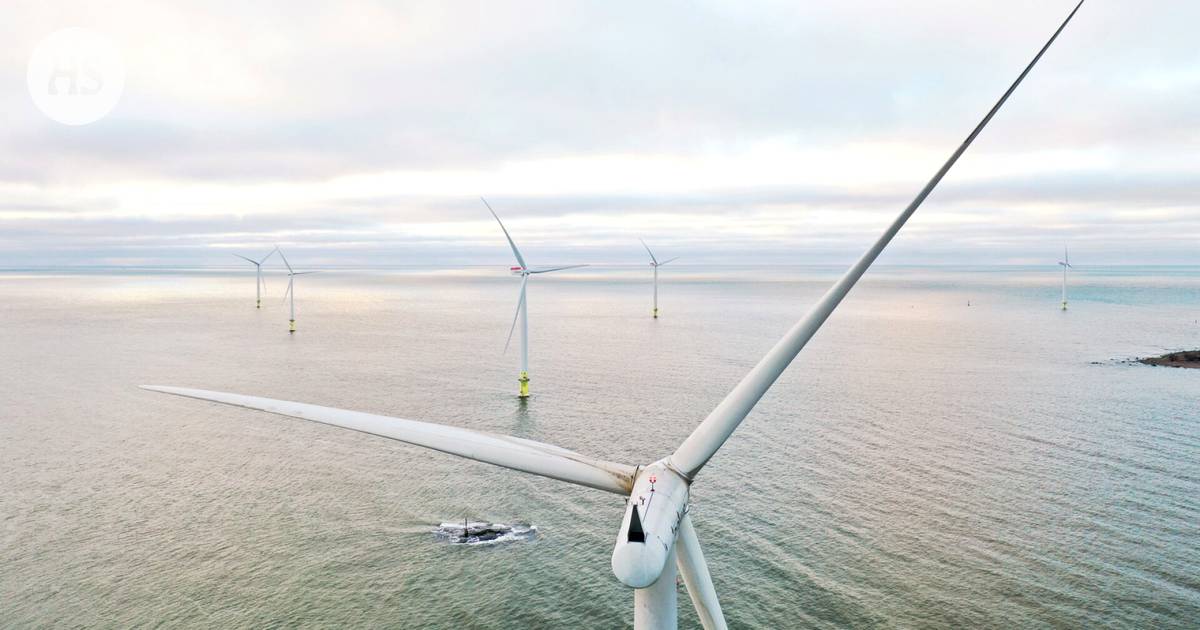
The wind power industry has criticized the government’s decision to postpone offshore wind power projects in Finland’s economic zone. The Ministry of Labor and Economy recently announced that it would not grant exclusive rights to any one company for the development of offshore wind power in the region.
Initially, 11 companies had applied for exploitation rights to use 16 areas in the Gulf of Pohjanlahti, with each area reserved exclusively for a specific company for a set period. However, this decision does not prevent the construction of wind power projects in these regions altogether. The government is currently working on establishing clear guidelines for building wind power in the economic zone.
Kari Klemm, an advisor to the Ministry of Labor and Economic Affairs, explained that while the government supports offshore wind power projects, it must consider their broader impacts. The new law on offshore wind power in the economic zone will establish a tendering process to select operators for specific sea areas. It is expected to be in place by the end of this year.
Some companies, including Finland’s utility wind and Swedish OX2, raised concerns about the negative impact of this decision on their offshore wind projects. Finland’s utility wind highlighted its significant potential and emphasized the importance of a controlled approach to bringing project areas to market. OX2 expressed concern that its projects would be delayed but hoped for minimal disruption to their timeline.
The Suomen Tuulivoimayhdistys, an industry interest organization, also echoed these concerns, stating that this decision would slow down offshore wind power development in Finland’s economic zone. Expectations are high for future tenders and developments under the new law.
In conclusion, while some concerns have been raised about this decision by project operators and industry groups, it remains important for governments to carefully consider both short-term gains and long-term impacts when making decisions about energy infrastructure development.





